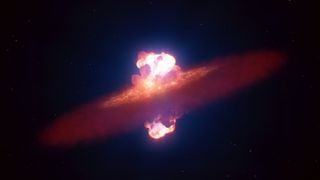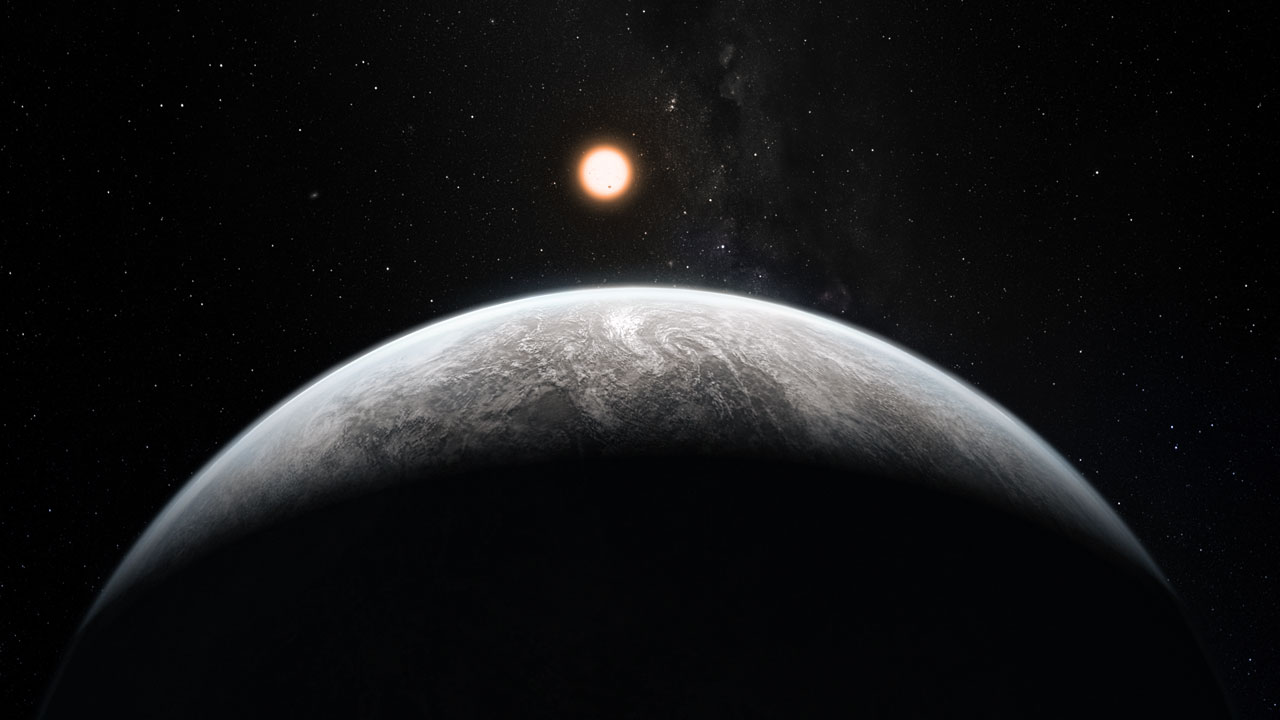Keith Cooper is a freelance science journalist and editor in the United Kingdom, and has a degree in physics and astrophysics from the University of Manchester. He's the author of "The Contact Paradox: Challenging Our Assumptions in the Search for Extraterrestrial Intelligence" (Bloomsbury Sigma, 2020) and has written articles on astronomy, space, physics and astrobiology for a multitude of magazines and websites.
Latest articles by Keith Cooper
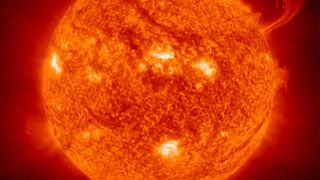
Magnetic avalanches on the sun reveal the hidden engine powering solar flares
By Keith Cooper published
"This is one of the most exciting results from Solar Orbiter so far."
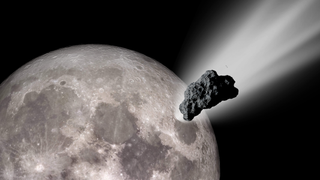
A colossal asteroid may have warped the moon from the inside out
By Keith Cooper published
The findings are a big clue as to why the far and near hemispheres of the moon look so different.
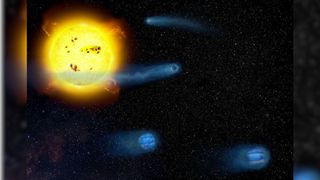
How to make a super-Earth: The universe's most common planets are whittled down by stellar radiation
By Keith Cooper published
The origin of super-Earths and sub-Neptunes has been revealed in a system of four young planets that are dramatically losing their thick atmospheres.
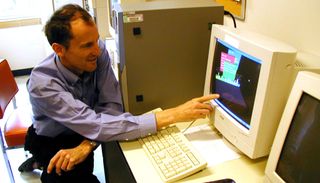
This SETI program is chasing down its final 100 signals. Could one of them be from aliens?
By Keith Cooper published
SETI@home has been one of the largest citizen science projects ever, with millions of users around the world.
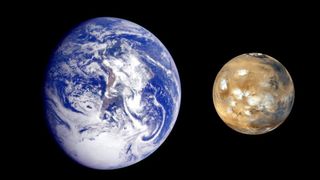
How Mars 'punches above its weight' to influence Earth's climate
By Keith Cooper published
"Without Mars, Earth's orbit would be missing major climate cycles. What would humans and other animals even look like if Mars weren't there?"
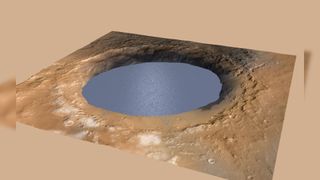
How Mars' ancient lakes grew shields of ice to stay warm as the Red Planet froze
By Keith Cooper published
The findings potentially solve the paradox of how liquid water seems to have persisted on Mars even when the climate grew too cold.
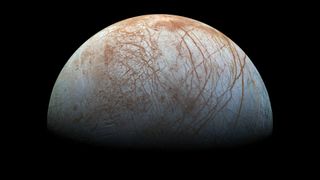
Jupiter ocean moon Europa likely lacks tectonic activity, reducing its chances for life
By Keith Cooper published
New models suggest that Europa has very little tectonic activity at its seafloor, which is potentially catastrophic news for the hopes of finding alien life within its ocean.
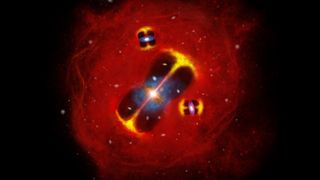
Astronomers discover the earliest, hottest galaxy cluster in the universe, and it breaks all the rules
By Keith Cooper published
The galaxy cluster appears hotter and more mature than it should for its young age, challenging what we think we know about how these cities of galaxies form.
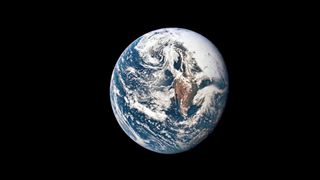
How did life begin on Earth? New experiments support 'RNA world' hypothesis
By Keith Cooper published
The new findings strengthen the "RNA world" hypothesis that describes how the first life on Earth could have used RNA instead of DNA.
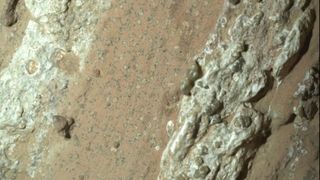
8 astronomy discoveries that wowed us in 2025
By Keith Cooper published
Here are eight of the most spectacular astronomical discoveries of 2025.
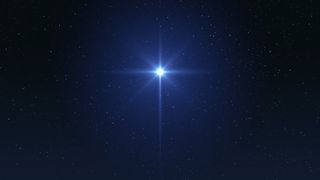
Could the Star of Bethlehem have actually been a comet?
By Keith Cooper published
The direction, distance and motion of the comet through the sky during its closest approach could have made it seem like it was hovering over Bethlehem when Jesus was said to have been born.
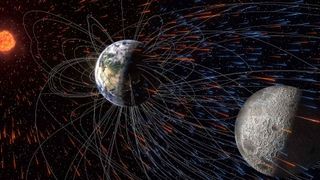
Good news for lunar bases? Earth's atmosphere leaks all the way out to the moon
By Keith Cooper published
Anomalous amounts of volatile elements found in the Apollo samples brought back from the moon have been traced back to our own planet's leaky atmosphere.
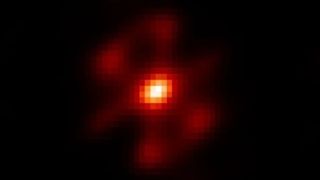
Astronomers capture close-up images of nova explosions on 2 dead stars in unprecedented detail
By Keith Cooper published
The nova eruptions come about when a white dwarf steals too much matter from a close red giant companion.
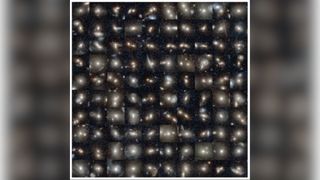
How do you activate a supermassive black hole? A galaxy merger should do the trick
By Keith Cooper published
A space telescope and AI teamed up to analyze a million galaxies and learn what triggers supermassive black holes the most.
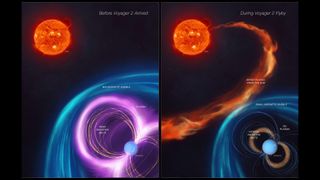
Uranus may have more in common with Earth than we thought, 40-year-old Voyager 2 probe data shows
By Keith Cooper published
The findings provide an answer to a planetary mystery that has bewildered scientists for nearly four decades.
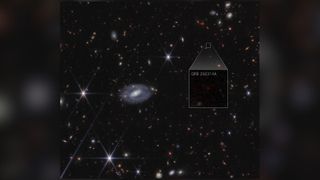
The James Webb Space Telescope just found the oldest supernova ever seen
By Keith Cooper published
The supernova exploded over 13 billion years ago in a galaxy far, far away.
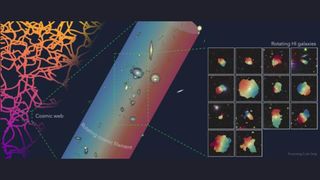
Scientists discover one of our universe's largest spinning structures — a 50-million-light-year-long cosmic thread
By Keith Cooper published
The discovery potentially transforms what we think about how the cosmic environment influences galaxies as they form.
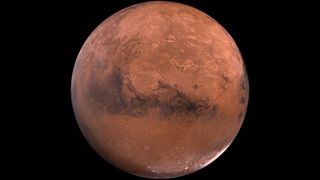
Time travels faster on Mars than on Earth, and here's why
By Keith Cooper published
Measuring the time discrepancy between Earth and Mars will help make future navigation and communication systems on the Red Planet more accurate.
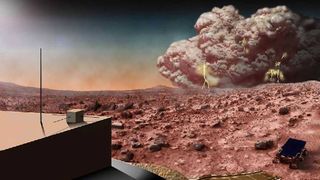
Electric discovery on Mars! Scientists find tiny lightning bolts coming from Red Planet dust clouds
By Keith Cooper published
Scientists used data from NASA's Perseverance rover to find tiny lightning bolts on Mars that could scour biosignatures off the world's surface
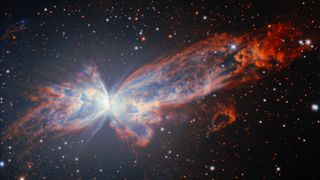
See the Butterfly Nebula like never before in this spectacular Gemini South telescope image
By Keith Cooper published
The Butterfly Nebula is a preview of the fate that will befall the sun in about 5 billion years.
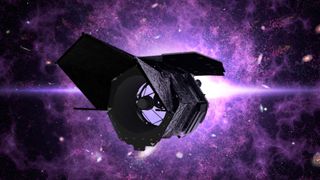
NASA's next-gen Roman Space Telescope is surprising scientists with its capabilities. It hasn't even launched yet
By Keith Cooper published
"Asteroseismology with Roman is possible because we don't need to ask the telescope to do anything it wasn't already planning to do."
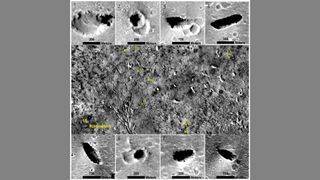
Evidence of ancient life on Mars could be hidden away in colossal water-carved caves
By Keith Cooper published
Skylights, openings in the surface of Mars that descend down into caves, have been found on Mars, along with signatures for the presence of water ice.
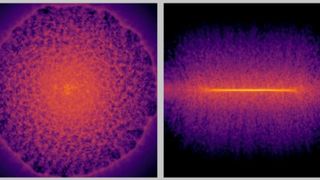
AI helps build the most detailed Milky Way simulation ever, mapping 100 billion stars
By Keith Cooper published
Simulating a billion years using previous best-resolution simulations would take almost 36 years of real computing time.
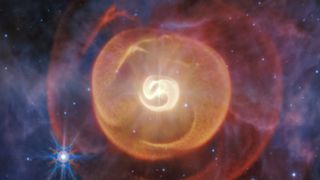
James Webb Space Telescope captures 'one-of-a-kind' triple star system that looks like a cosmic embryo (image)
By Keith Cooper published
The unique system features two rare Wolf-Rayet stars, and a supergiant companion that is interrupting the flow of the dust shells that the two Wolf-Rayet stars cast off.
Breaking space news, the latest updates on rocket launches, skywatching events and more!

